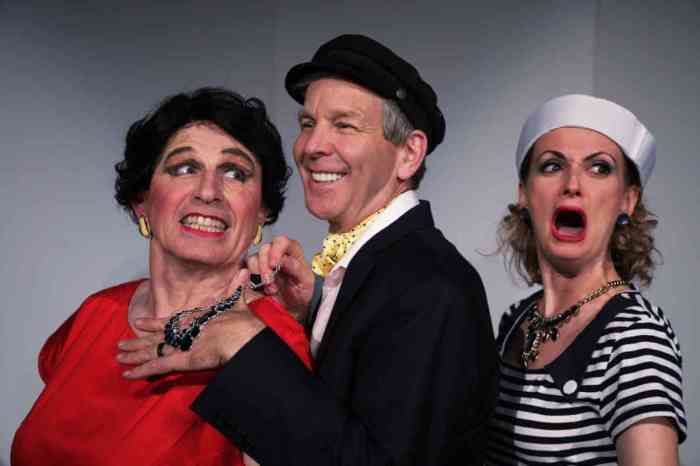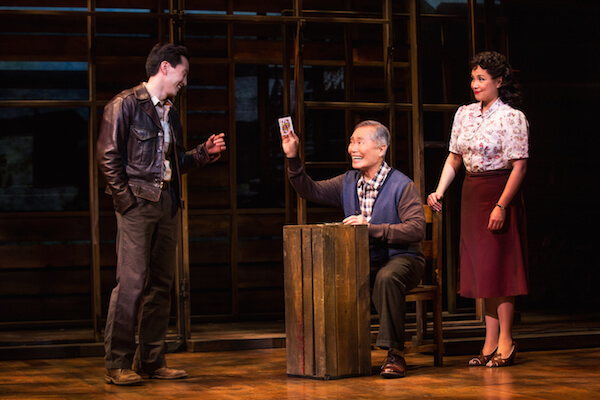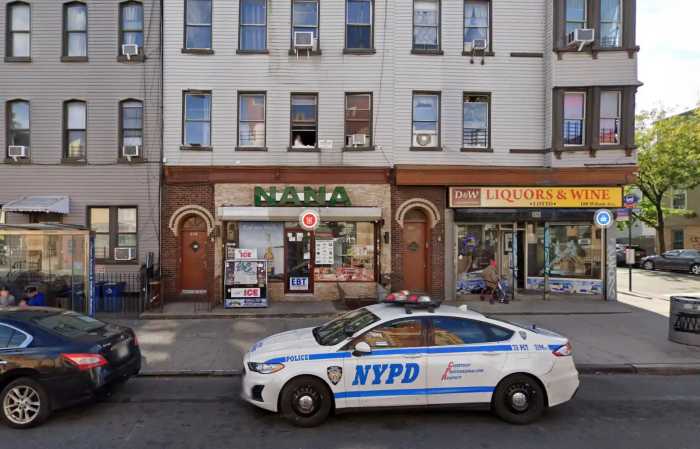A vivid memory from 1948, when I was eight years old, keeps coming back to me at bedtime when I am about to doze off.
My mother is bending over me as I lie in bed looking up at her. We are living in Japan, in Tokyo, and she is about to go off to a party with my father. A geisha party that will last long into the night. As she leans near my face, I smell her scent of Chanel No. 5 mixed with the faint perfume of a gin martini coming from her mouth, bright with red lip rouge. She kisses me on the cheek and glossy hairs from her mink coat brush my forehead. A string of cool, milky pearls dips from her neck, touching my throat.
Nearly 40 years old, she is at the height of her beauty and middle age seems far away. No gray hairs have yet to appear in her crown of dark locks, worn in a 1920s bob-cut. Born in 1908, she remains for her whole life a flapper, a creature of the Jazz Age.
She and my father will be going out to one of those marathon Japanese parties where everybody is forced to perform. With her velvety voice, my mother always sings to great acclaim and is especially popular with Japanese who have never met a gaijin (foreign) woman. Her standard numbers are Hoagey Carmichael’s “Stardust” and “China Night” (“Shi-i-nano-yoru”), which she renders in Japanese. She sings these songs often in our house as she works, practicing for those nights out.
My sister and I are being left in the care of a maid, an invisible creature who seems terrified of white people, even tiny ones aged eight years old and nine months old. Closeted in an impossibly small servant’s room, our domestic buries her nose in an English-Japanese dictionary, which she seems to look at, not read. Some months later we are forced to terminate her services when my mother finds Junko in the kitchen standing over the stove gulping in deep breaths of gas, attempting to take her own life. It only comes out later that she is a war widow, her husband having perished in a suicide bomber attack days before the end of World War II.
My mother seems gay and sophisticated as she says goodnight and tells me not to be afraid of the dark. I have always been terrorized by the night, especially since I discovered that tale of darkness Bram Stoker’s “Dracula.” Each creak in our earthquake-proof house, shuddering readily with the passage of every truck on the nearby highway, drives me to distraction and desperation. Mother knows this and tries to sooth me into sleep before she leaves.
In spite of her party face and good-time behavior, my mother is a shy person, filled with insecurity. Beautiful, she is unsure of her looks. At nearly 5’ 10” and almost three inches taller than my father, she feels freakish, not statuesque. A teetotaler her whole life, her new persona as a bottoms-up, let the good times roll party girl seems an uneasy role she tries too hard to play. I hear her being “happy” and know her laugh is too high-pitched, almost desperate-sounding. I sense she plays this game for my father, to make him happy, to be the perfect trophy wife of a successful man.
Left alone in my room, I fall into a fitful slumber after hours of watching leaping shadows dance on the wall. As dawn breaks, I think I hear a car door slam and what sounds like a woman moaning and crying in pain. I look out my bedroom window barely able to see the image below as light breaks in the dawn sky. My mother’s head is hanging out of the window of our Chevrolet and she is vomiting. Her vomit streaks the car door and her beautiful fur coat is covered with dripping mucus.
A lump forms in my throat as I watch my parents below. My mother continues to vomit and sob while my father stands by the car door, watching, speechless, seemingly helpless to do anything. I want to rush down and comfort my beautiful, helpless mother, who until now has always seemed so strong and in control, but I do nothing, sadness and anger welling up in me.
Many years later, I hear a song by Peggy Lee called “Is That All There Is?” She’s singing about a raging fire that burns down her house and when the fire is over, she asks, “Is that all there is to a fire?” Then she goes to a circus and after watching clowns cavort, elephants prance, and trapeze artists defy death, asks again, “Is that all there is to a circus?” Finally she sings about how she falls in love and how sad she feels when the boy she loves leaves her, concluding with “Is that all there is to love?”
Sixty-five years after that morning in Japan, I can still see my mother struggle out of our Chevy and I think, “Is that all there is to a party?”

































